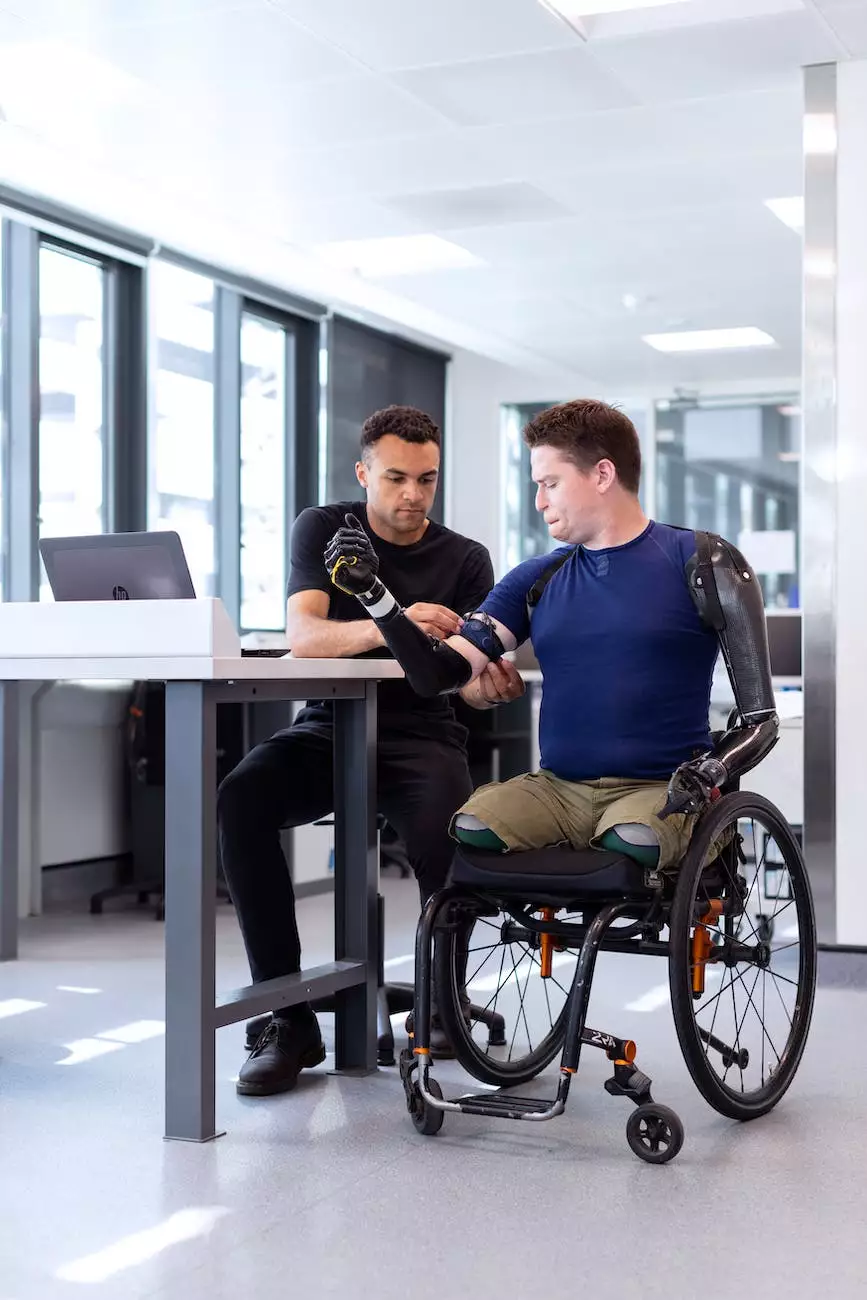When your partner doesn't want couples therapy, but you do
Blog
Dealing with relationship issues can be challenging, especially when one partner is reluctant to seek professional help. If you find yourself in a situation where you want to attend couples therapy but your partner is resistant, it's important to explore alternative approaches and find ways to improve your relationship.
Understanding Your Partner's Resistance
Before diving into potential solutions, it is crucial to understand why your partner may be hesitant about couples therapy. People have various reasons for their resistance, such as fear of judgment, skepticism about therapy's effectiveness, or apprehension about discussing personal matters with a stranger.
Approaching the topic with empathy and open communication is vital. Take the time to discuss your concerns and listen to your partner's perspective. Understanding their reservations can help both of you find common ground and explore alternative options.
Alternative Approaches to Couples Therapy
While couples therapy is widely recognized as a valuable tool for relationship improvement, it is not the only approach. There are several alternative methods you can consider:
1. Self-Help Resources
Self-help resources, such as books and online courses, can provide valuable insights and guidance on how to enhance your relationship. These resources cover a wide range of topics, including communication, conflict resolution, and emotional intimacy. Engaging in self-help activities together can foster a sense of teamwork and personal growth.
2. Workshops and Retreats
Attending relationship workshops or retreats can offer a supportive environment for growth and self-reflection. These events often include seminars, activities, and exercises designed to strengthen couples' bonds. By immersing yourselves in a workshop or retreat, you can gain new perspectives, learn practical skills, and connect with other couples facing similar challenges.
3. Online Relationship Counseling
In today's digital age, online relationship counseling has become increasingly popular. It provides a convenient and accessible option for couples who are unable or unwilling to attend in-person therapy sessions. Online platforms offer video or chat-based counseling, allowing you to connect with a licensed therapist from the comfort of your own home.
The Importance of Self-Growth
While it's natural to focus on improving the relationship as a couple, individual growth is equally important. Encouraging your partner to prioritize self-growth can positively impact your relationship dynamics.
Suggest activities that promote personal development, such as individual therapy, meditation, or pursuing hobbies and interests. Fostering personal well-being can lead to increased self-awareness, emotional intelligence, and better communication skills, all of which contribute to healthier relationships.
Open and Honest Communication
Regardless of the approach you choose, open and honest communication is the foundation of any successful relationship. Express your desires and concerns tactfully, keeping in mind that everyone's journey is unique. Encourage your partner to share their thoughts and actively listen without judgment.
Finding common goals and shared values can create a sense of purpose and foster mutual motivation for relationship growth. Remember that progress may take time, and patience is key.
Professional Guidance from Naomi S Korn, LCSW
If you're looking for professional guidance to navigate through relationship challenges, Naomi S Korn, LCSW is here to help. As a licensed clinical social worker specializing in relationship counseling, Naomi understands the complexities of interpersonal dynamics.
With her expertise, you can explore effective strategies to improve communication, resolve conflicts, deepen emotional intimacy, and find fulfillment in your relationship. Naomi's compassionate approach ensures a safe and supportive space for both individuals to explore their feelings and goals.
Conclusion
When your partner doesn't want couples therapy but you do, it's essential to remain open-minded and flexible. Understand your partner's reluctance and explore alternative approaches that align with both of your needs. Remember, every relationship is unique, and finding the right path to growth and improvement requires patience, understanding, and effective communication.
By seeking professional guidance or engaging in alternative methods like self-help resources, workshops, or online counseling, you can strengthen your relationship and cultivate a healthier, more fulfilling connection.




